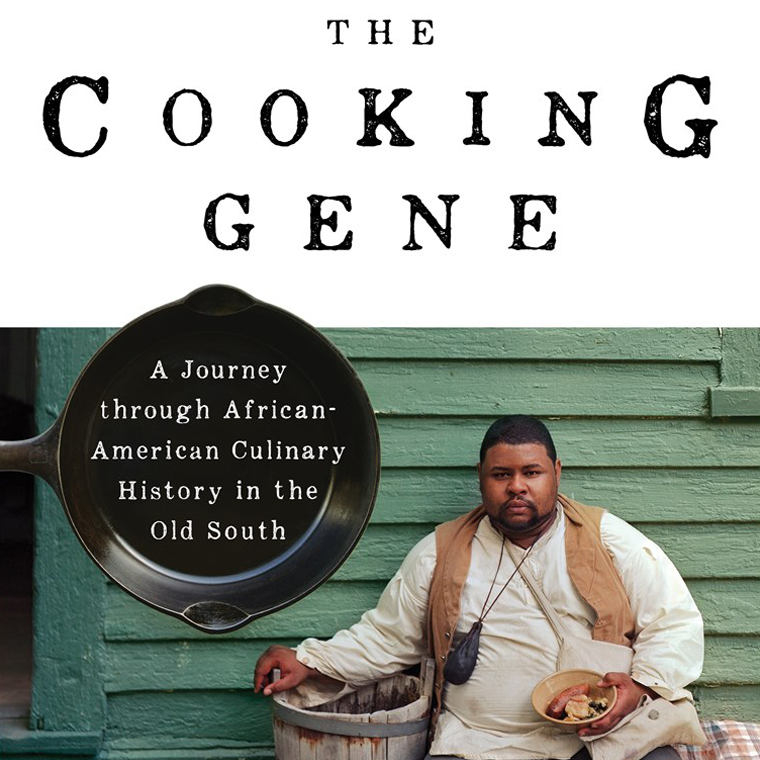

It is a personal memoir, travel narrative, socio-culinary history, diatribe against the food industry, occasional gastronomic rhapsody, and quest narrative.

The Cooking Gene is far more than a cookbook. They arrive in the context of a sprawling account of inveterate American racism, history, and the quasi-sacramental nature of food. It contains recipes, but those recipes come freighted with the weight of American and Twitty’s own personal histories. This is the way that recipes operate in Michael Twitty’s The Cooking Gene.

Read Full Review >Ī recipe can be the transmission of a tradition, and to cook from such a recipe is not to 'try this at home' but to enact a performance of that tradition, and thereby to participate in it in a mysterious and unrepeatable way.
/https://www.thestar.com/content/dam/thestar/life/2018/05/29/cookbooks-to-take-you-deep-into-the-belly-of-the-southern-united-states/_1_michael_twitty.jpg)
It's a book to save, reread, and share until everyone you know has a working understanding of the human stories and pain behind some of America's most foundational and historically significant foods. This isn't a book to acquire, cook from, and discard when the next year's crop of beautifully illustrated recipe volumes hit the shelves. He has written a book that is deeply personal and at times profoundly emotional without losing sight of an ambitious goal: documenting one of America's foundational food cultures. Twitty has accomplished something remarkable with The Cooking Gene. For readers who have not reckoned seriously with the profound and continuing effect of slavery on American culture, this book would be a good place to start. The diaspora of Africans in the Americas is not a monolith – it's a mosaic of languages, cultures, and geographic points of origin that make the food folkways of the American South a virtual labyrinth. There seems to be no topic that Twitty is unwilling to dig deeply into. The threads are numerous and long, but when woven together into the book, they tell a story of a diaspora with a remarkably deep cultural memory that is enhanced by (and often comprised of) food. This book isn't an archive dump – it's a vibrant, emotionally charged work that crackles with vitality and contemporary stories. What could have been a stately tour through the ancient and global roots of soul food is instead a madcap dash through history, a thrilling pursuit of usually enthralling and sometimes horrifying stories, and a heroic attempt to view an ambitiously large part of the African-American experience through the lens of food.


 0 kommentar(er)
0 kommentar(er)
